|
Oxidation isn’t usually a hot topic of conversation. When my 1968 MGB GT was rusting away, I discussed it at length with the vintage car body shop, and I submerge peeled potatoes in water to prevent them going brown, but dinner parties don’t usually include riveting exchanges about the interaction between oxygen molecules and the substances they contact. In the olive grove, however, oxidation is the dragon that would ravish the extra-virgin oil, filling it with free radicals and a rancid flavour. Everyone talks about it. Picking olives and pressing the oil has been a popular activity for many of my clients this autumn, and for our hosts Augusto Orsi and his son Claudio of ‘Alle Camelie’ avoiding the evils of oxidation is what determines the way they pick and press the olives. Their estate abuts the olive terraces of some neighbours who conduct the olive harvest in the old way. Augusto points to nets spread on the ground under the trees to catch the olives that drop during the weeks before they begin their harvest. He shudders slightly as he explains, ‘The moment an olive is detached from its branch, it begins to oxidise. It needs to get from the tree to the bottle really fast. We put our nets down under a few trees, pick the olives, move the nets along to the next trees, pick the olives, etc. Hard work, but the flavour of the oil makes it worthwhile.’ When his neighbours do begin to pick their olives, they beat them off the trees with bamboo poles thus bruising the olives and sometimes breaking the skin, allowing the fruit to oxidise even more quickly. Augusto, Claudio and their four farm labourers pull each olive off by hand. We help pick from the ground, but the other harvesters are often at the top of a ladder propped against the tree or standing on one of the thick branches to reach the olives at the top. Augusto would probably say, ‘Time consuming, but the flavour of the oil makes it worthwhile’. The harvested olives should be pressed as soon as they are picked. Some estates invest in a small, though expensive, olive press and press olives on the day they’re picked. Augusto takes his to a co-operative modern frantoio every other day, but is thinking about buying his own. [He did the following year.] Pressing the olives at a traditional frantoio is tantamount to delivering the maiden to the dragon’s den, where the huge picturesque grindstone rolls round and round crushing the olives in a huge open basin — 45 minutes of exposure to oxygen. Then the paste is smeared onto woven mats, stacked on a spindle and pressed to squeeze out the oil. Old dry, oxidised paste sticks in the crevices of the mats and oil runs out around the edges exposed to the air. In a modern continuous-method frantoio, the grinding takes only a few minutes in a closed container, and the paste is pumped into a closed vat where it is heated very gently to release the oil which runs into a stainless steel container with a well-fitting lid. Take a deep breath filled with oxygen, and taste the oil from ‘Alle Camelie’. The magnificent flavour certainly justifies the care they take to avoid oxidation.
0 Comments
Your comment will be posted after it is approved.
Leave a Reply. |
Email Subscription
Click to subscribe to this blog and receive notifications of new posts by email. AuthorErica Jarman Categories
All
Archives
October 2023
|
|
copyright 2017 sapori-e-saperi.com | all rights reserved
|
Website by Reata Strickland Design

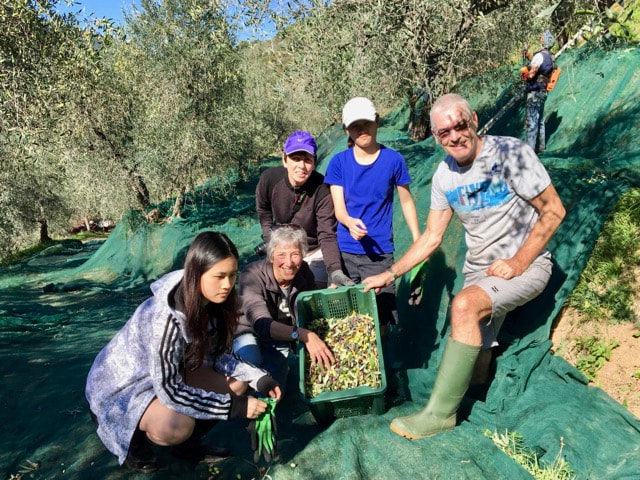
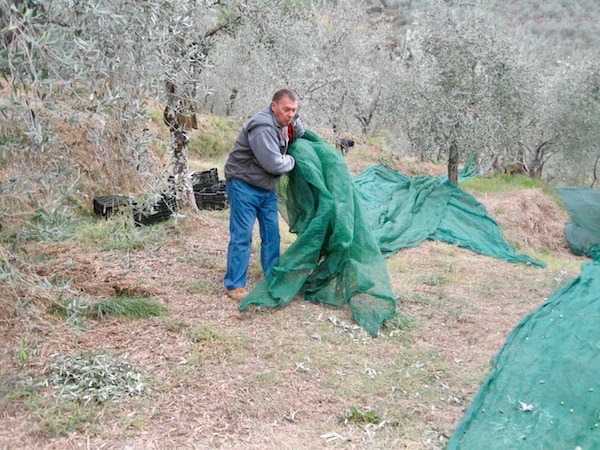
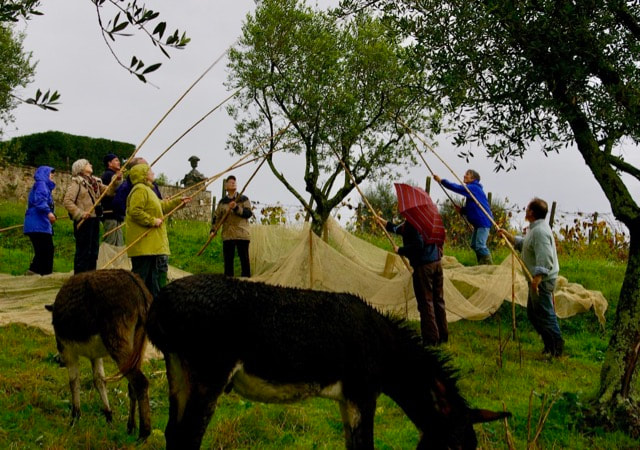
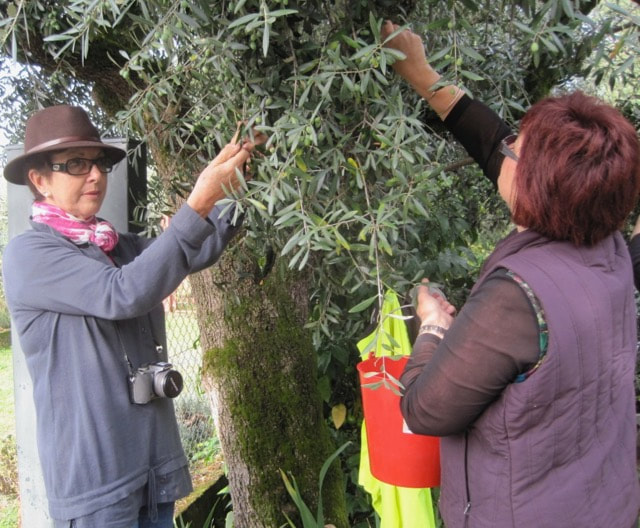
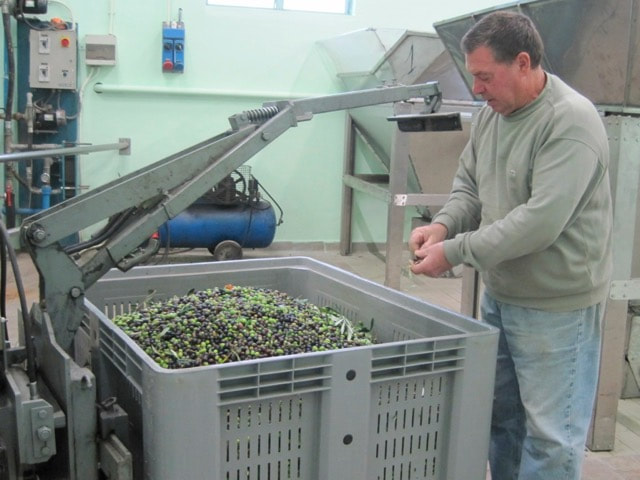
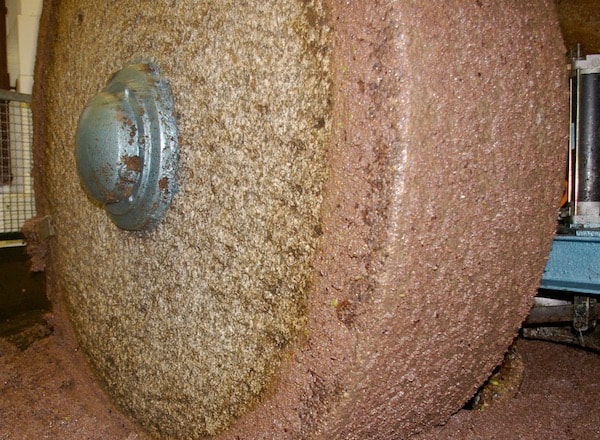
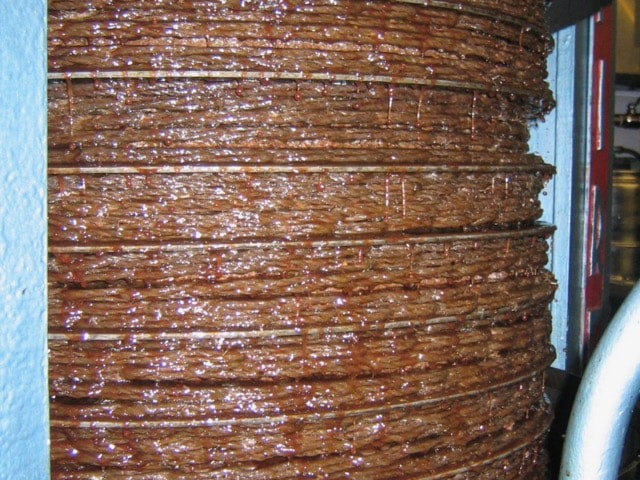
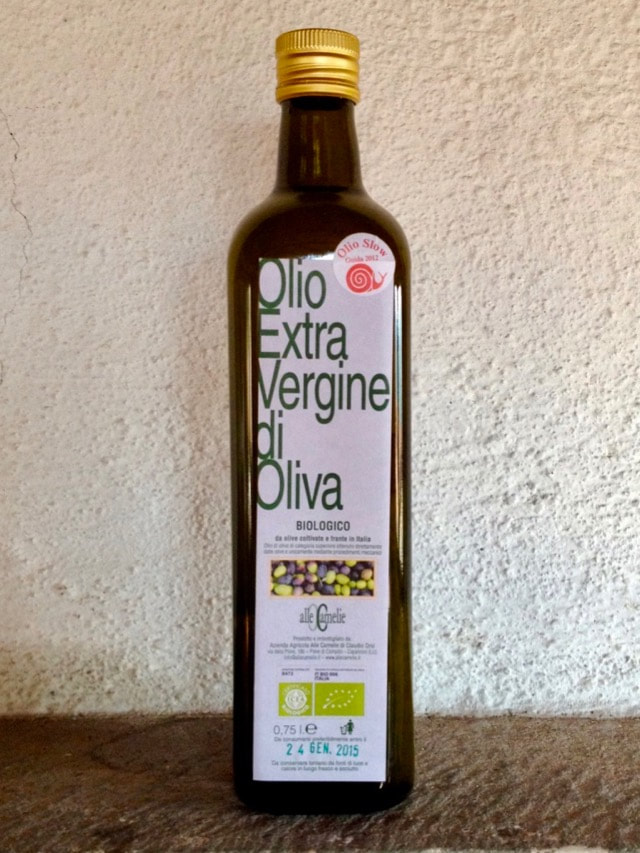
 RSS Feed
RSS Feed



